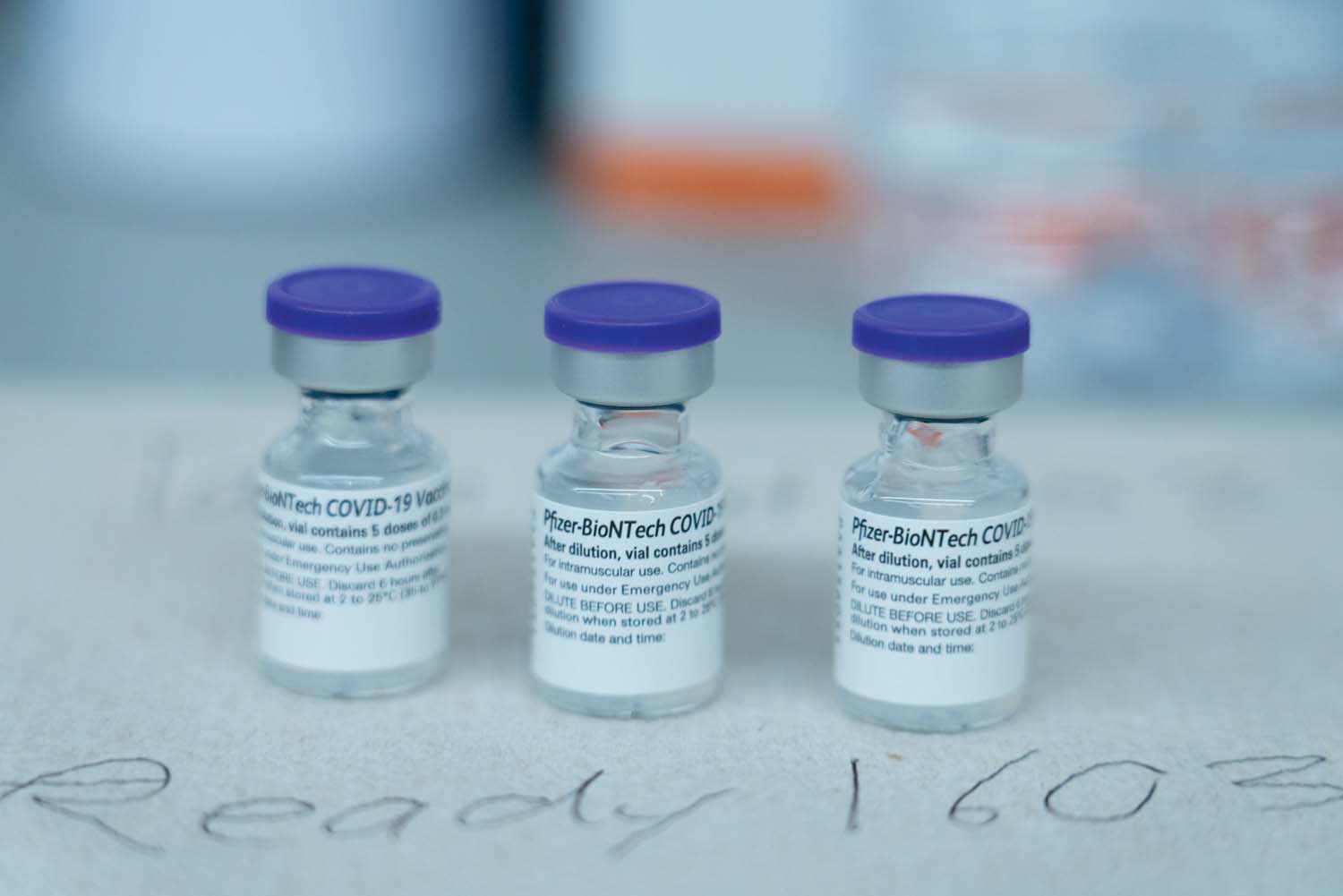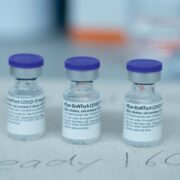
On Tuesday, Oct. 26, a committee from the Food and Drug Administration (FDA) recommended the Pfizer vaccine for children aged between 5 and 11 years old, a move that is likely to intensify national discourse and disagreement over whether children should receive the COVID-19 vaccine.
While the vote from the panel — which voted 17 in favor and one abstention — could bring the 28 million children in this age bracket closer to the vaccine, the ultimate decision to enact emergency authorization falls on the Centers for Disease Control and Prevention (CDC).
According to Dr. Anthony Fauci, chief medical adviser for the White House, shots could be approved for 5- to 11-year-olds as early as next week.
“If all goes well, and we get the regulatory approval, and the recommendations from the CDC, it’s entirely possible, if not, very likely, that vaccines will be available from 5 to 11 within the first week or two of November,” Fauci said in an interview with ABC on Sunday.
The vaccine is nearly 91% effective against symptomatic illness among 5- to 11-year-olds, according to Pfizer’s most recent clinical trials for children. The FDA reported that the benefits of the vaccine outweigh the potential risks, like the known side effects associated with the COVID-19 vaccine.
While children are still less likely to die or suffer the more severe effects of Covid-19, doctors say that it is still necessary to vaccinate children against Covid-19. Children can still become carriers (symptomatic or asymptomatic) of the virus and spread it to others.
According to the American Academy of Pediatrics, more than 6 million children have tested positive for COVID-19 in the United States.
According to Dr. William Gruber, senior vice president of vaccine clinical research and development for Pfizer, one dose of the Pfizer vaccine contains about one-third the amount of the active ingredient compared to the adult dose.
In an FDA committee hearing, Gruber said that the dosage was chosen to “strike the right balance” between protecting children from the disease and limiting the vaccine’s side effects.
But just like with adults, children would receive a second dose 21 days or more after their first shot.
According to current COVID-19 trends across the country, children aged 5-11 have accounted for 9% of reported COVID-19 cases; according to the FDA, presently constitute about 40% of all pediatric Covid-19 cases.
According to the CDC, more than 700 children aged 18 years and younger have died of Covid-19 across the country.
When the FDA makes its official authorization recommendation, the issue moves on to the CDC which is set to meet Nov. 2 and 3, when it’ll be up to the CDC director to approve the recommendation.
As previously reported in the Asian Journal, the decision for children to actually receive their vaccines will be left up to their parents, many of whom are still skeptical on the issue.
The Kaiser Family Foundation found in a September poll that about one-third of parents with kids aged 5-11 were willing to vaccinate their kids right away, while another third said they wanted to “wait and see.”





